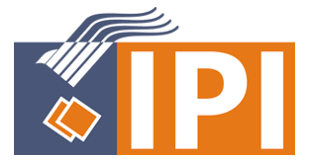Degradation of the Aquatic Environment in Tujuh Muara Lake, Pamulang District, South Tangerang Affected by Urban Liquid Waste
DOI:
https://doi.org/10.24843/ATBES.2023.v07.i02.p02Abstract
Water is a natural resource requirement needed for every living thing. Water pollution will affect water availability, so efforts are needed to fix it. The purpose of this study is to determine the quality of the water, analyze the degradation that occurs and provide recommendations for efforts that can be made to improve the ecosystem of Lake Tujuh Muara. The research location was Tujuh Muara Lake, Pamulang District, South Tangerang. The method used in this research is by using storet. Water quality data were collected at two monitoring points: the inlet and outlet areas. Observation of environmental degradation is carried out using field observations. Parameters observed in this study were biological dissolved oxygen (BOD), chemical oxygen demand (COD), detergent and coliform group. The analysis results show Tujuh Muara Lake's water quality exceeds the class II quality standard based on Government Regulation 22 of 2021. Two parameters exceed the quality standards: BOD and COD at the inlet point of 5.60 mg/L and 27.29 mg /l. The resulting BOD and COD values at the outlet point were 16.80 mg/L and 53.50 mg/L. Degradation of the aquatic environment is known by the abundance of water hyacinth plants that thrive and the turbidity and silting of the bottom of the lake waters. Efforts that can be made to improve the lake environment are by constructing constructed wetlands, building WWTPs, and implementing sustainable ecotourism
Downloads
Published
How to Cite
Issue
Section
License
Copyright (c) 2023 Advances in Tropical Biodiversity and Environmental Sciences

This work is licensed under a Creative Commons Attribution-ShareAlike 4.0 International License.












